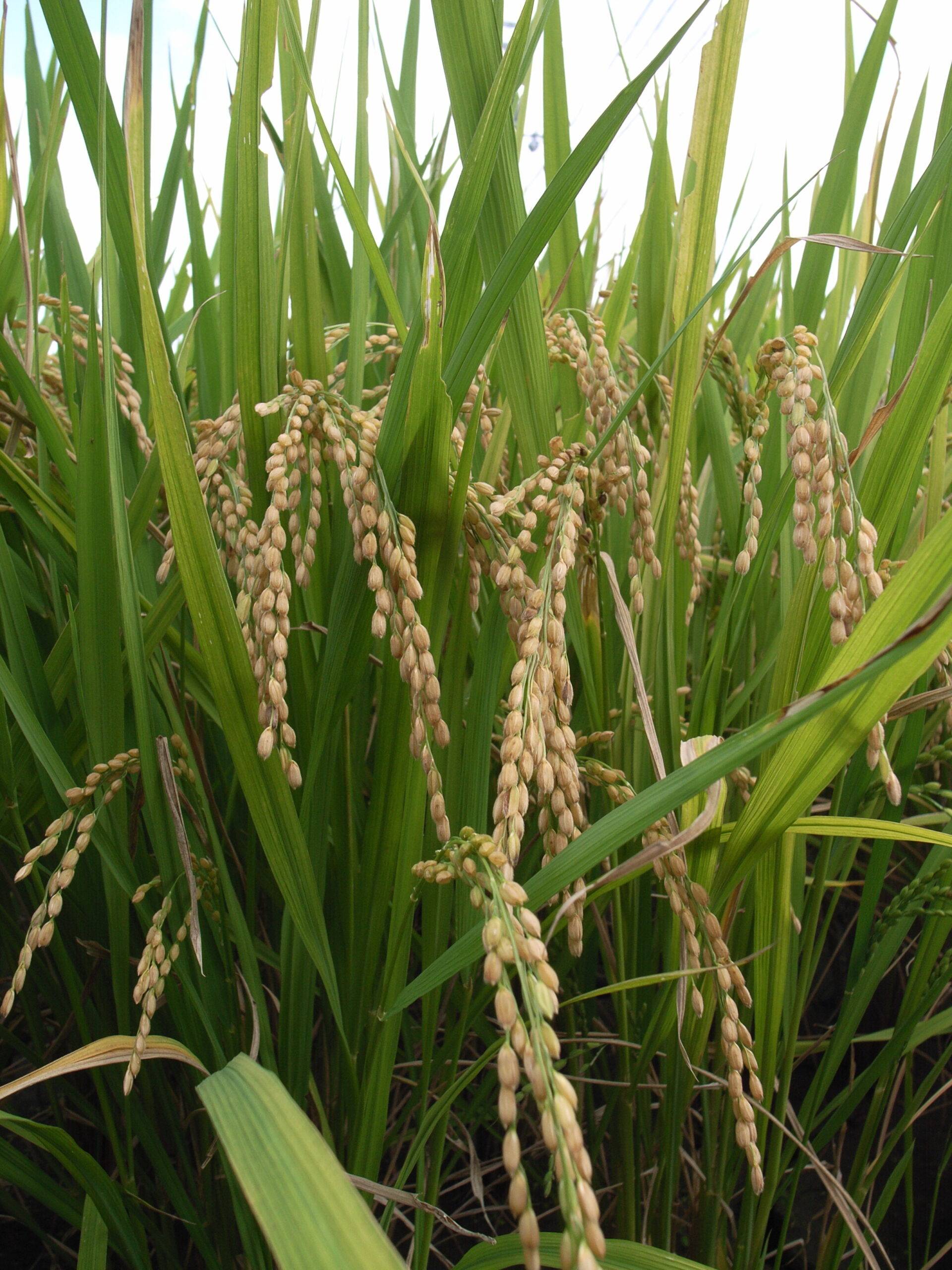The Rice Knew the Perfect Timing!
In the summer of 1976, an unexpected cold spell struck Japan’s Tohoku and Hokkaido regions, leaving farmers bewildered by an unusual phenomenon.
By July, the rice plants in the Nature Farming paddies had yet to bloom due to persistently low temperatures, creating an out-of-season spectacle.
Meanwhile, in the neighboring conventional farming paddies—where chemical-based farming methods were used—the rice plants had managed to flower. However, these blossoms soon closed without undergoing pollination.
Why? The flowering period is brief, and the prolonged cold prevented the flowers from staying open long enough for pollination to occur—an essential step in the growth of healthy rice grains.
As farmers watched this unfold, anxiety grew. “Would there be no harvest at all?” Their concerns lingered until August, when the warmth finally returned.
Nature’s Resilience: An Unexpected Turn of Events
In August, a stretch of three consecutive sunny days brought warmth back to the region.
In response, the rice plants in the Nature Farming paddies bloomed all at once. In contrast, the conventional farming rice plants had already flowered and closed, extinguishing any hope for a harvest.
The rice plants in the Nature Farming fields successfully pollinated under the warm sunshine, leading to an almost normal harvest. It was as if they had anticipated the return of fine weather, waiting patiently for the right moment to bloom.
This remarkable event highlighted nature’s incredible resilience and intelligence. (Excerpt from “Life Learned from Nature” by Noriyoshi Amano)
Embracing Nature Farming: A Sustainable Solution to Climate Change
This event stands as a testament to the resilience of rice cultivated through Nature Farming, demonstrating its ability to withstand unforeseen extreme weather changes. In contrast, crops grown through conventional, chemical-dependent farming struggle to adapt to rapid and severe fluctuations in climate.
This is far from an isolated case. Throughout my life, I have witnessed many similar instances that reinforce this reality. As extreme weather events become more frequent, the risk of crop failure in conventional farming increases significantly. This underscores the urgent need to embrace Nature Farming methods as a viable, sustainable approach to mitigate the impacts of climate change.


